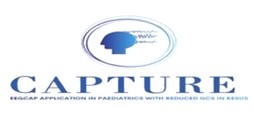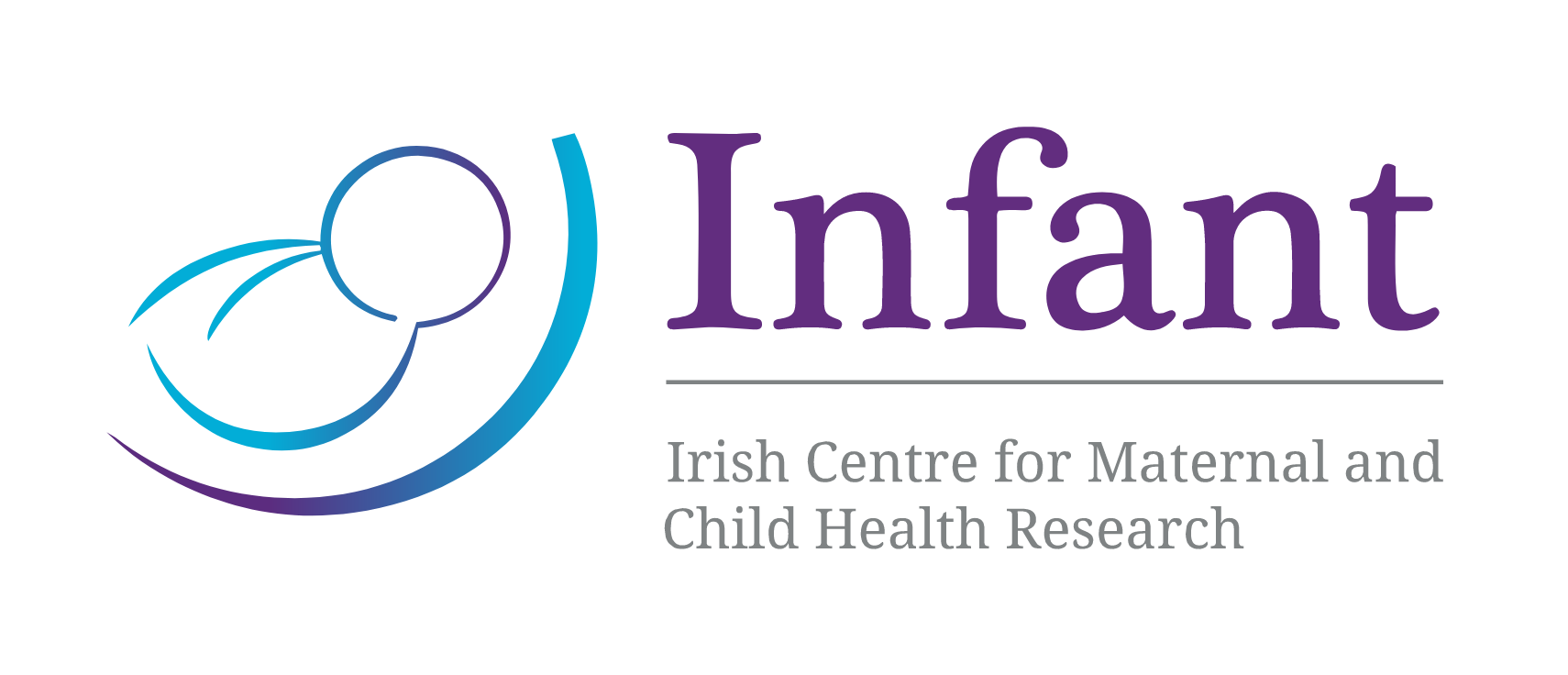CAPTURE
CAPTURE: eegCap Application in Paeditrics wiTh redUced GCS in REsus– A Feasibility Study

Rationale:
Reduced or altered consciousness in paediatric patients’ is not an infrequent presentation to Irish emergency departments. Often the presentation can be insidious and nonspecific with no obvious triggers to help identify the causative aetiology or mechanism. Many children with an altered level of consciousness may have an existing underlying neuro-disability with limited communication and thus leading to delayed recognition of early signs or symptoms. Identification of aetiology and subsequent management of a reduced or altered consciousness can be time critical. Better understanding and recognition of aetiologies of this heterogenous presentation may improve management and subsequent outcome.
Seizures are a common cause of altered consciousness. Status Epilepticus(SE) is defined as two or more seizures without complete recovery of consciousness or a prolonged seizure lasting greater than thirty minutes .It is the primary acute neurological emergency presenting to the emergency department with an incidence of 17-23/100,000 children per year. Time is critical in seizure management and prompt response is key in successful termination of seizures. Seizure identification can be challenging due to subtle presentations, masking effects of anti-seizure medications and post-ictal phases. EEG monitoring records brain wave activity and can identify electrographic seizures.
Objectives:
CAPTURE is a feasibility study aiming to determine if EEGs can be successfully performed in children with a reduced or altered consciousness level in the Emergency Department in Cork University Hospital within a specific time-frame and that the EEG is of good quality that can be interpreted. As this is a feasibility study, the EEG recording will not be used in any clinical decision making regarding the management of children at this phase of the study.
Principal Investigator: Professor Deirdre Murray
Co-Investigators: Professor Geraldine Boylan, Dr Niamh Mc Sweeney, Dr Olivia O’Mahony, Dr Brian McNamara, Dr Rory O’Brien, Dr Carol Stephens
